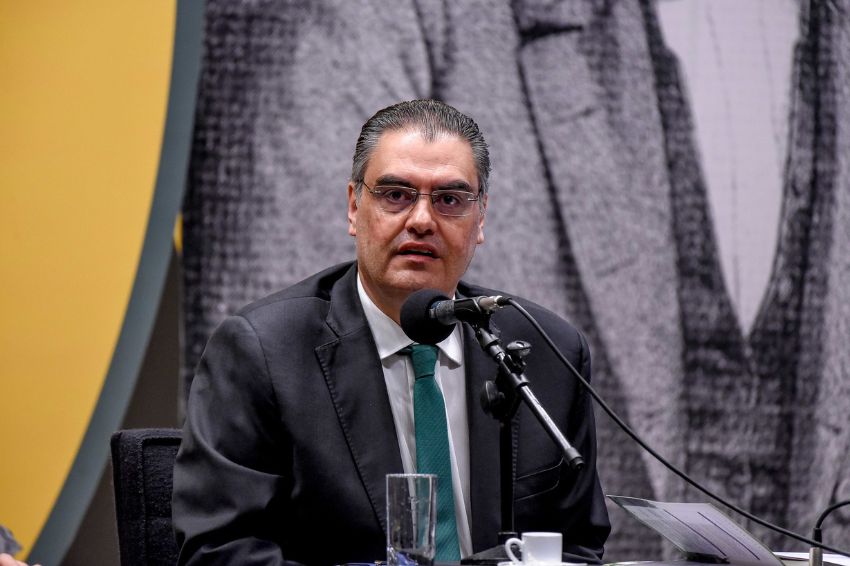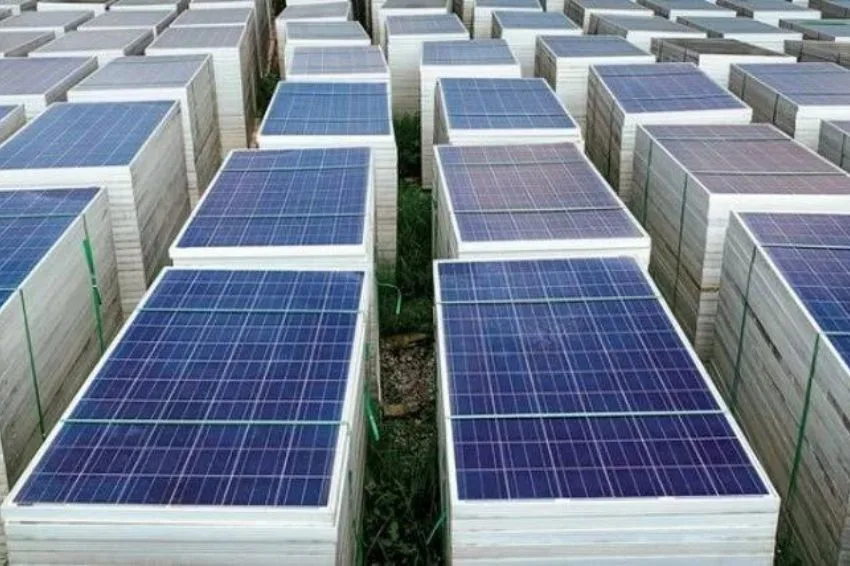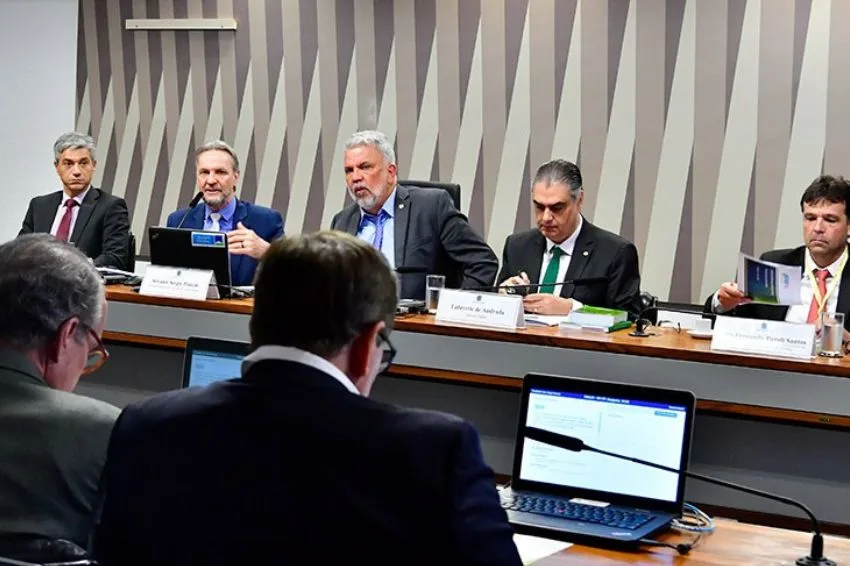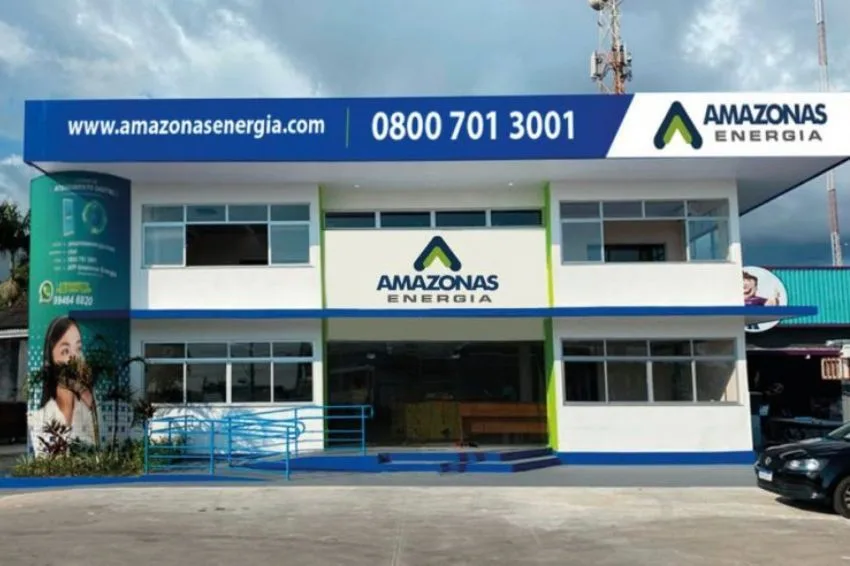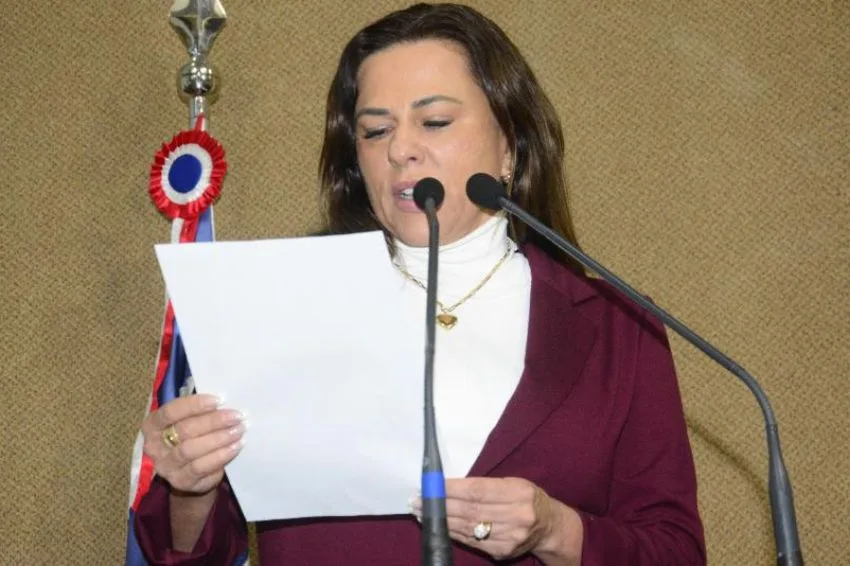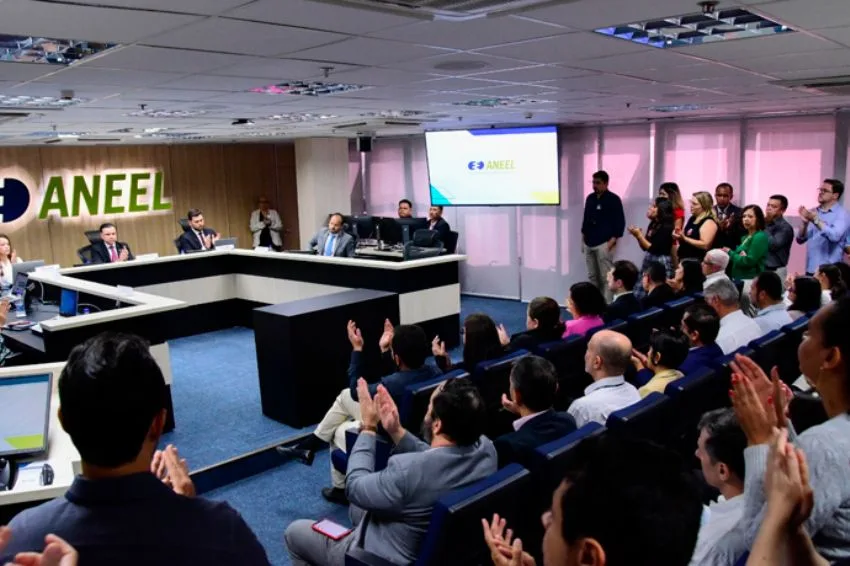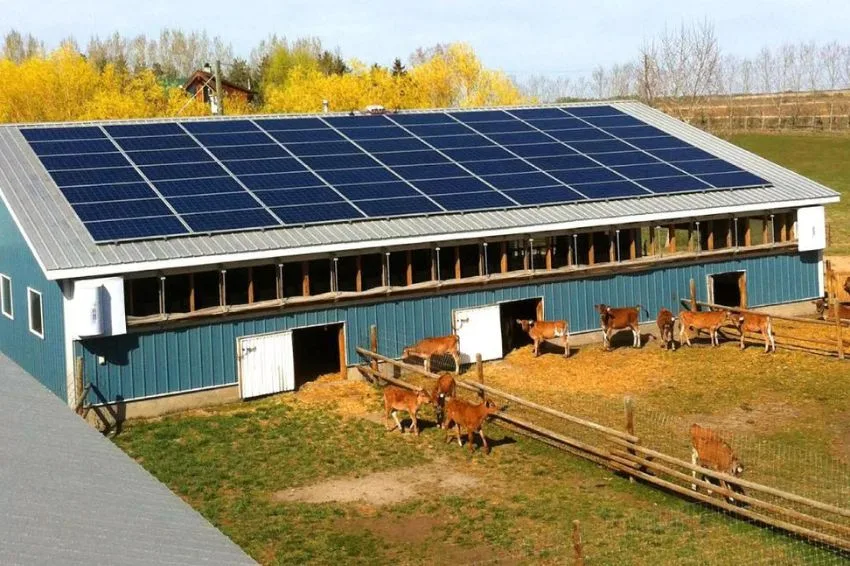O Bill 1,709/2022, authored by deputy Lafayette de Andrada (Republicanos-MG), was the subject of debate this weekend among professionals in the DG (distributed generation) sector.
In an exclusive interview with Solar Channel, Andrada stated that the proposal aims to promote adjustments in the Law 14,300, which establishes the legal framework for distributed generation in the country.
“The PL, under analysis in the Chamber of Deputies, intends to provide clarity to sections of 14,300. The project is very important because it corrects the rule and protects the GD from interpretations that could harm it”, highlighted the deputy.
“This document does not change the content of the law in any way, it only corrects the text of three articles: in articles 18 and 26 the word 'microgeneration' is deleted as they deal with specific rules for minigeneration”, he explained.
According to 14,300, there will be a period of seven to nine years for the payment of distribution (transport) charges for those who start generation from 2023. These payments arise from the remuneration of distribution service assets, the depreciation of network equipment and operation and maintenance costs.
Therefore, he highlighted that PL 1,709/2022 changes the section of Law 14,300 whereby only mini-generators will be responsible for reimbursing distribution costs.
Regarding article 27, which the proposal also aims to change, the word 'exclusively' is added to avoid future modifications by the regulator to the provisions of that article.
“Since the standard was sanctioned in January this year, it was urged in March and April by several people from the electrical and photovoltaic sector who came to me saying that it contained mistakes that needed to be corrected”, he reported.
“Faced with this scenario, I went to ANEEL (National Electric Energy Agency) and they commented that it was indeed difficult. This inconsistency is actually one of the reasons why the body is late in regulating”, said the deputy.
Check out, below, a comparative table between what Law 14,300/2022 says and the changes suggested by PL 1,709/2022.
| Law 14,300/2022 | PL 1,709/2022 |
| Art. 18. Free access to the distribution system for units with microgeneration or distributed minigeneration is ensured, through reimbursement, by consumer units with distributed minigeneration, of the transportation cost involved.
Single paragraph. When establishing the transportation cost, the tariff corresponding to the form of use of the distribution system carried out by the unit with microgeneration or distributed minigeneration, whether to inject or consume energy. |
Art. 18. Free access to the distribution system for units with microgeneration or distributed minigeneration is ensured, through reimbursement of the transportation cost involved, respecting the provisions of Arts 17, 26 and 27. (NR)
Single paragraph. In establishing the transportation cost of the unit with distributed minigeneration, the tariff corresponding to the form of use of the distribution system carried out by the unit must be applied, whether to inject as generation or consume energy as load, in this case respecting the provisions of Arts 17, 26 and 27.(NR) |
| Art. 26. (…)
§ 1 The billing of the units referred to in this article must comply with the following rules: I – all tariff components defined in the regulatory provisions apply only to the positive difference between the amount consumed and the sum of the electrical energy injected in that month with any electrical energy credit accumulated in previous billing cycles, in compliance with art. 16 of this Law; II – demand billing, for consumer units with distributed minigeneration belonging to and billed in Group A, must: a) be carried out in accordance with the rules applicable to consumer units of the same voltage level until the distributor's tariff review subsequent to the publication of this Law; It is b) consider the tariff corresponding to the form of use of the distribution system carried out by the unit with microgeneration or distributed minigeneration, if to inject or consume energy, in accordance with art. 18 of this Law, after the distributor's tariff review subsequent to the publication of this Law. |
Art. 26. (…)
§ 1 The billing of the units referred to in this article must comply with the following rules: I – all tariff components defined in the regulatory provisions apply only to the positive difference between the amount consumed and the sum of the electrical energy injected in that month with any electrical energy credit accumulated in previous billing cycles, in compliance with art. 16 of this Law; II – demand billing, for consumer units with distributed minigeneration belonging to and billed in Group A, must: a) be carried out in accordance with the rules applicable to consumer units of the same voltage level until the distributor's tariff review subsequent to the publication of this Law; It is b) consider the tariff corresponding to the form of use of the distribution system carried out by the unit with distributed minigeneration, whether to inject or consume energy, in accordance with art. 18 of this Law, after the distributor's tariff review subsequent to the publication of this Law. (NR) |
| Art. 27. The energy billing of units participating in the SCEE not covered by art. 26 of this Law must consider the incidence on all compensated active electrical energy of the following percentages of the tariff components relating to the remuneration of distribution service assets, the regulatory reinstatement quota (depreciation) of distribution assets and the cost of operation and maintenance of the distribution service: | Art. 27. The energy billing of units participating in the SCEE not covered by art. 26 of this Law must consider the incidence on all compensated active electrical energy exclusively of the following percentages of the tariff components relating to the remuneration of distribution service assets, the regulatory reinstatement quota (depreciation) of distribution assets and the cost of operating and maintaining the distribution service. (NR)”. |
Processing
Currently, the project is being processed conclusively and will be analyzed by the Consumer Protection committees; of Mines and Energy; and Constitution and Justice and Citizenship.
“The PL has been on the Chamber’s portal since June. I believe that after the elections we will have news and we will try to bring agility to the process”, concluded Lafayette de Andrada.
Other side
In the view of the Solar Entrepreneur and Consumer Association (Movimento Solar Livre), at this electoral moment, the focus should be on enforcing Law 14,300, which has been ignored by ANEEL and distributors. “Opening a discussion now for a new bill, regardless of its content, does not make sense”, pointed out Hewerton Martins, president of the association.
“The argument used that it is necessary to clarify points based on pre-judgment that ANEEL will have misinterpretations is premature, especially because the approved text was signed jointly in an agreement signed between the deputy, ANEEL, Ministry of Energy Mines and entities of the sector”, explained
From the MSL's point of view, Lafayete should be demanding the entry into force of the law and regulation by the Body. “Today, energy distributors issue a letter saying that they will not comply with the standard, as it is not regulated by the Agency”.
“Andrada participated on June 22nd in the public hearing at the consumer protection commission, where the lack of regulation of 14,300 by ANEEL was exposed, as well as the lack of compliance with current standards by distributors. What caused surprise was that he didn't even mention that he had filed a bill the day before to amend 14,300/2022,” he stressed.
On the occasion, deputy Celso Russomano (Republicanos/SP) cited incidents of misappropriation of consumer credits by energy distributors (public concessions).
“In addition, deputy Carla Dickson (União/RN) spoke about the importance of reviewing the deadline for entry of taxation provided for in the Legal Framework, which starts on January 7, 2023, since no distributor is respecting the deadlines current regulations, with the last year that consumers have to install their own generation without 'taxation' in 2022”, emphasized the executive.
Thus, according to Hewerton Martins, what the Solar Entrepreneur and Consumer Association defends is the immediate suspension of the “taxation”, since none of the deadlines in the current law are being met.


